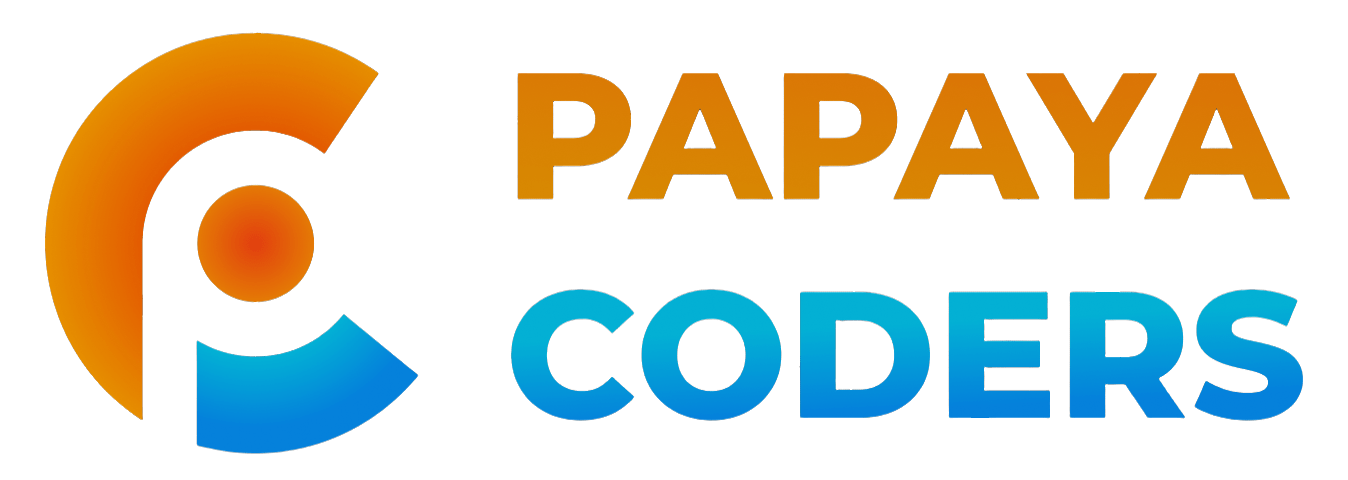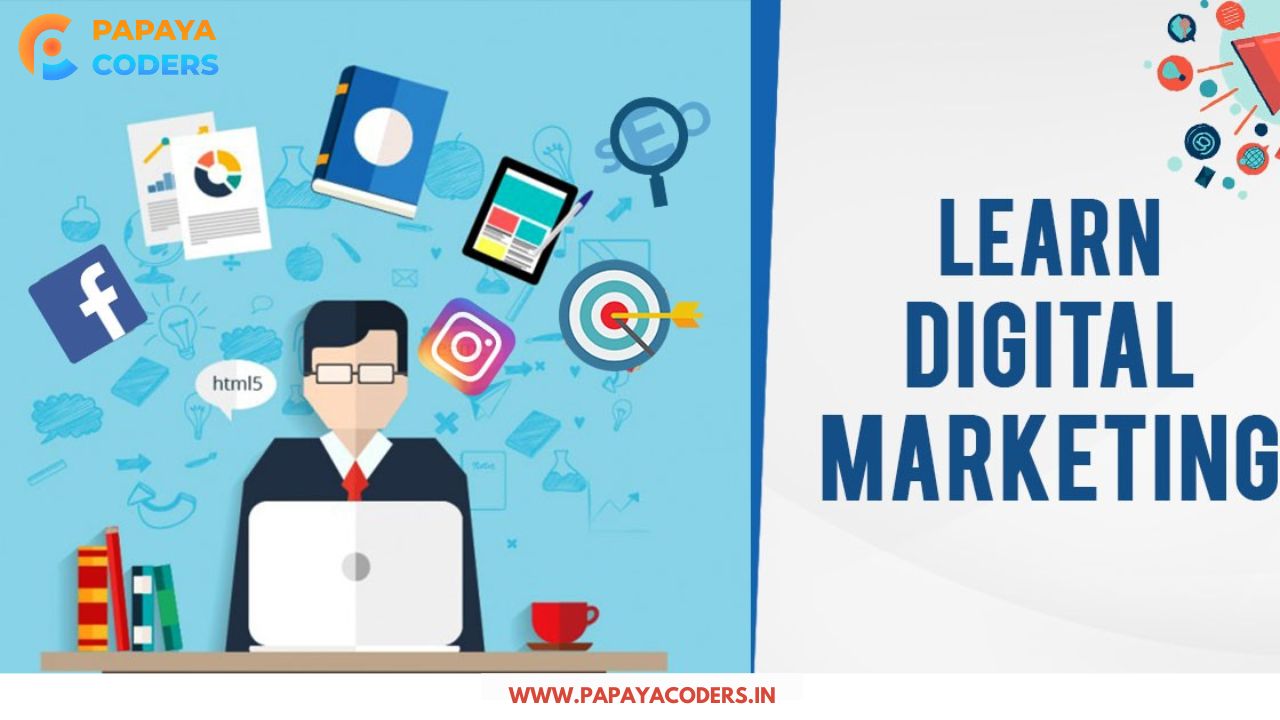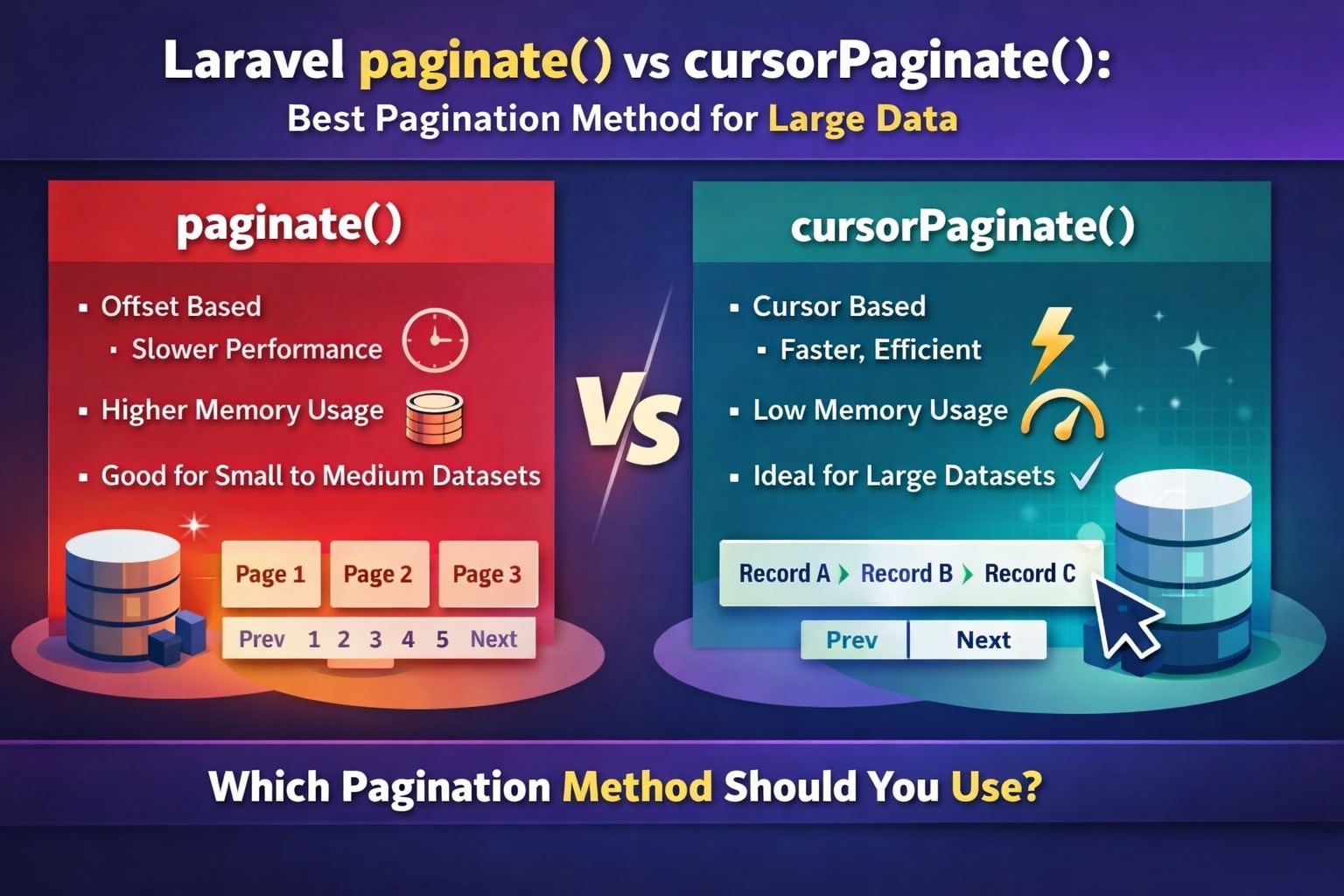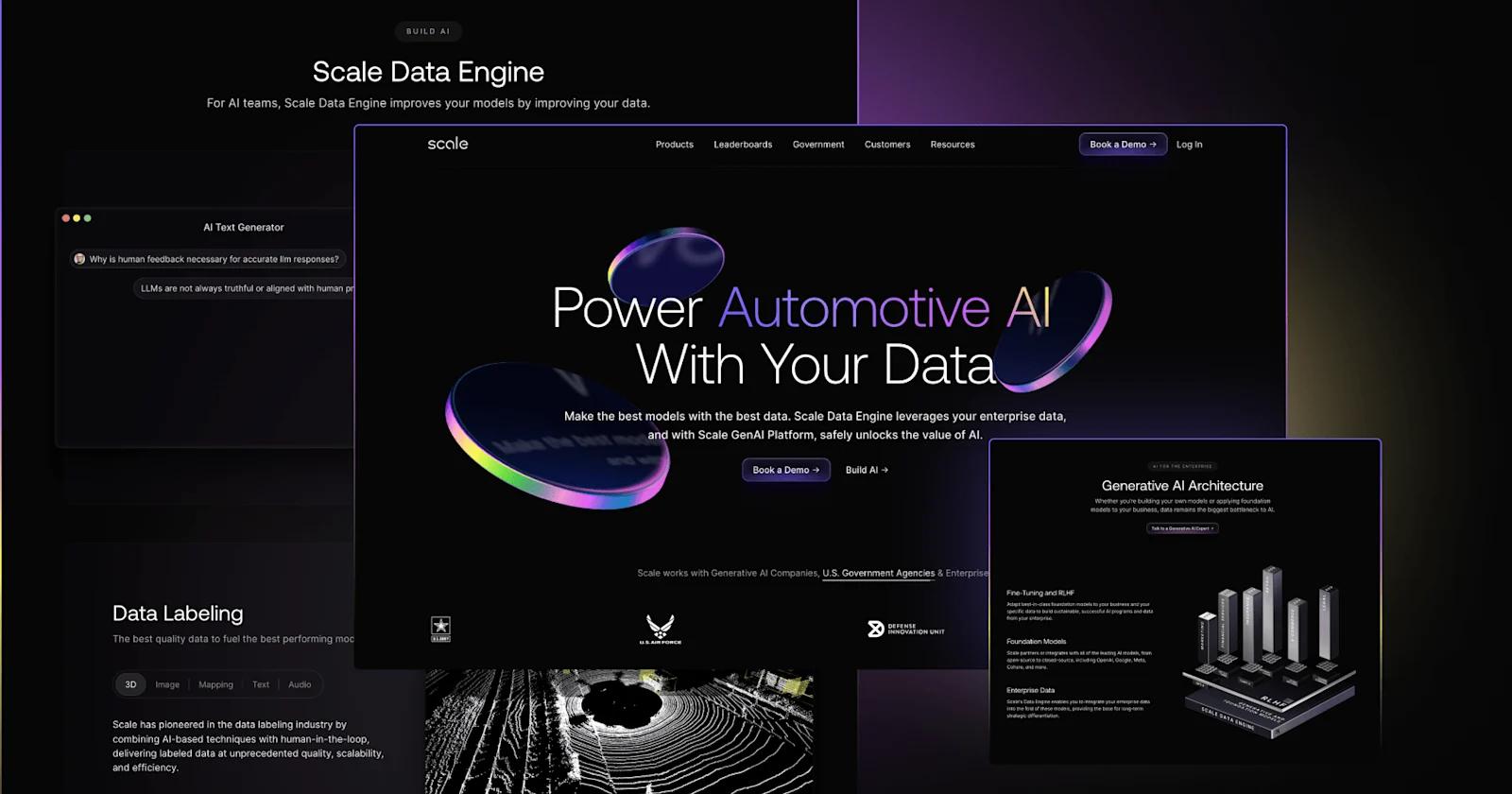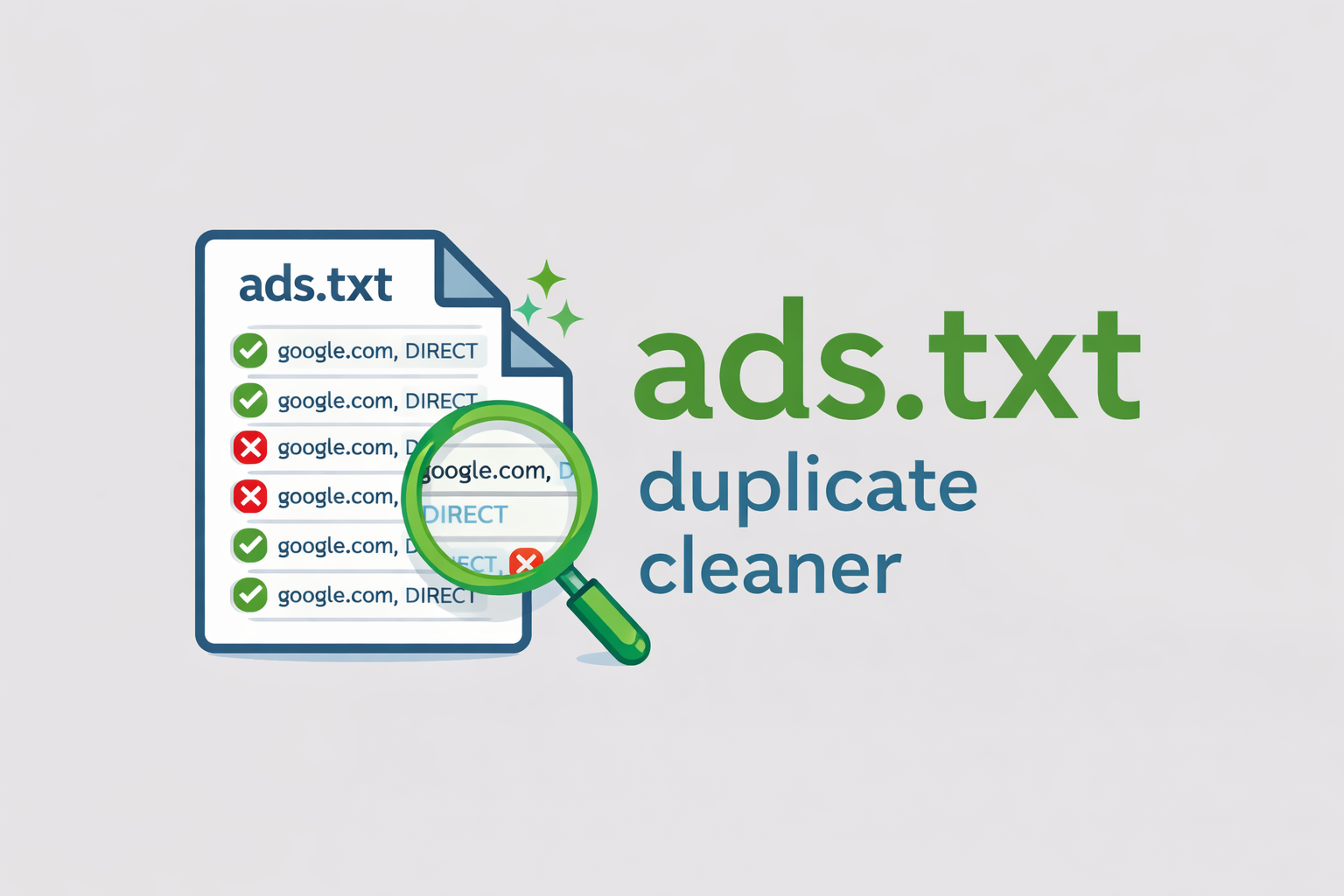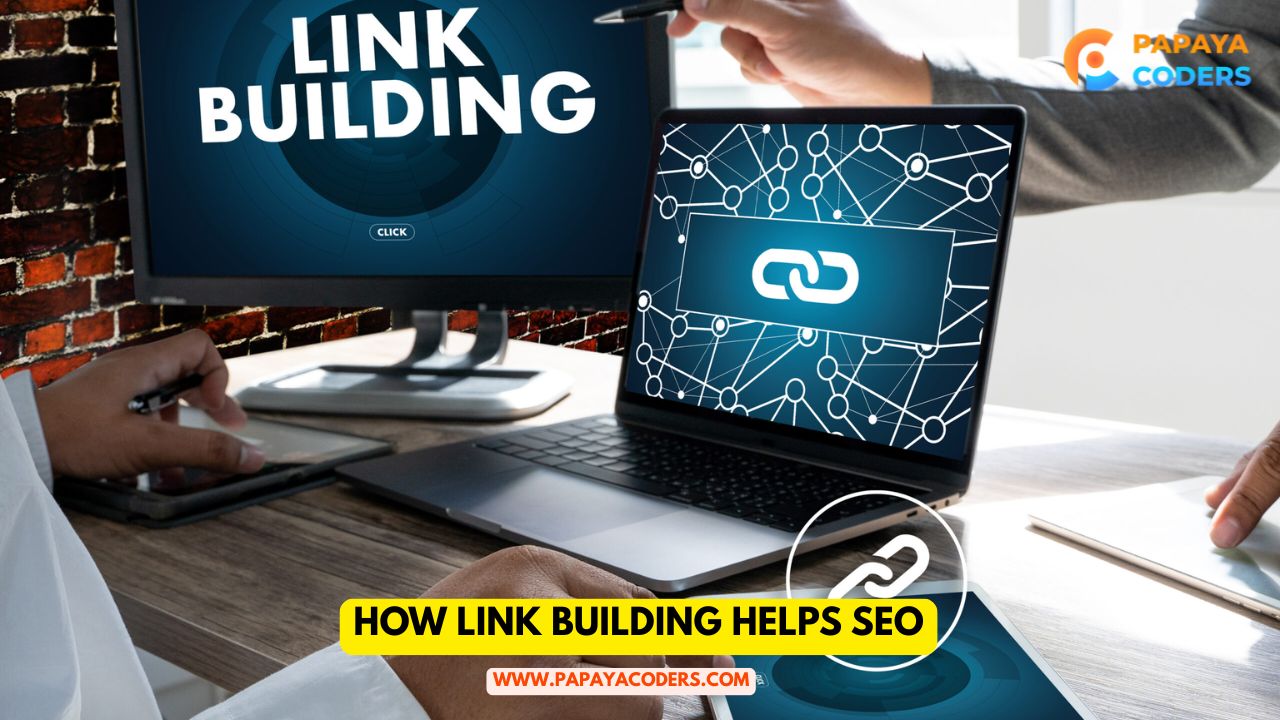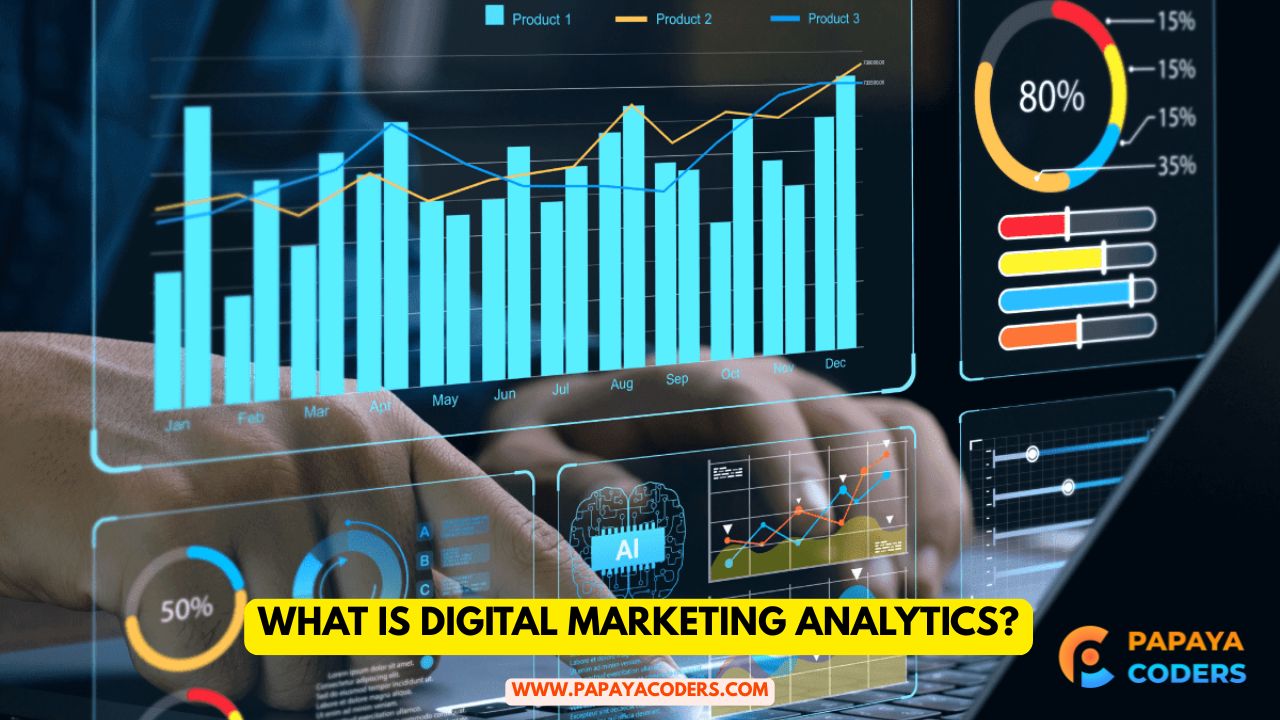Are you wondering how to learn digital marketing? Strategies for success are within your reach! In today’s digital age, mastering online promotion is vital for businesses and individuals, paving the way for growth and achievement.
What is Digital Marketing?
The process of advertising services or products using online platforms, including websites, mobile apps, social media, email, and search engines, is known as digital marketing.
It includes a variety of strategies like email marketing, pay-per-click (PPC) advertising, social media marketing, content marketing, and search engine optimization (SEO).
Digital marketing gives businesses an efficient way to connect and interact online with their consumers. It uses analytics and information to target specific audiences, track results, and adjust tactics in real-time.
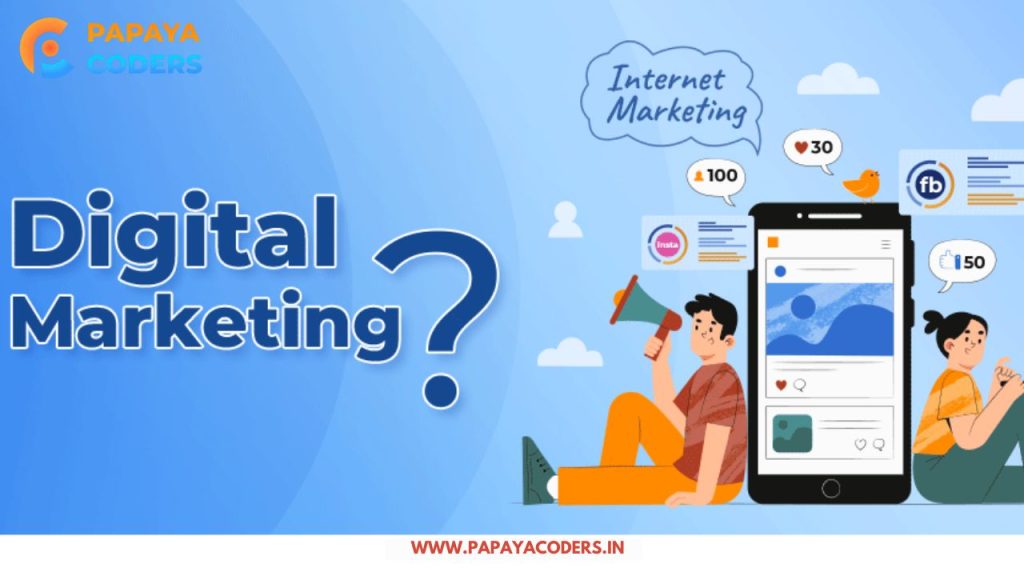
Digital Marketing Specialization:
Those who specialize in digital marketing are more qualified to market goods and services online. This sector includes pay-per-click (PPC) advertising, social media advertising, email advertising, content marketing, and search engine optimization (SEO).
By using these strategies, professionals may improve sales, raise brand recognition, and attract targeted visitors. To provide a data-driven approach to marketing initiatives, the specialization also strongly emphasizes data analysis and the use of digital technologies to assess campaign effectiveness. Maintaining competitiveness in the ever-changing digital world requires this training.
How to Learn Digital Marketing?
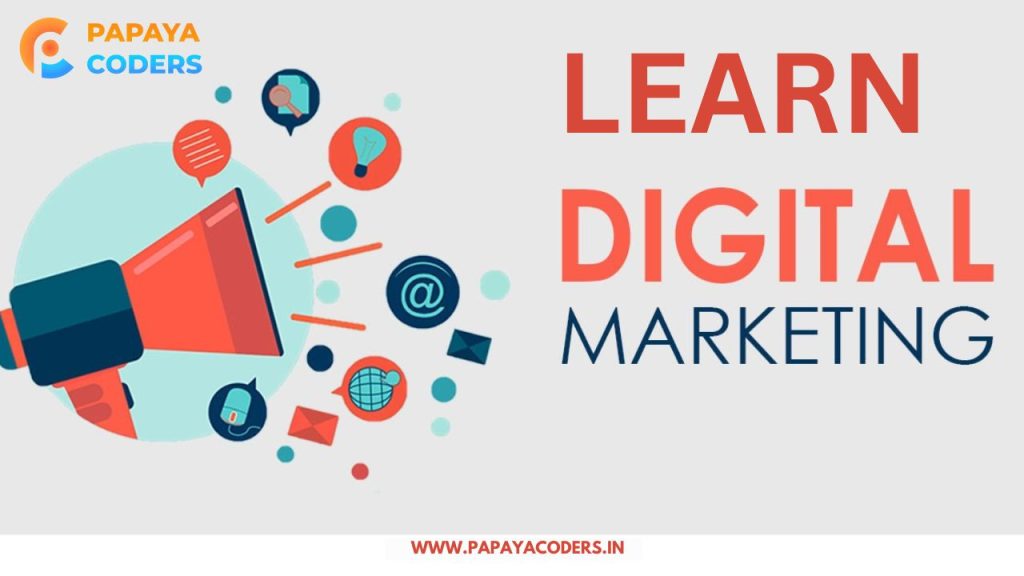
Understanding the fundamentals of SEO, content marketing, social media marketing, email marketing, and PPC advertising is an effective place to start when learning digital marketing. Use internet tools like blogs and classes on sites like Coursera, Udemy, and Google Digital Garage, and follow prominent figures in the field.
Get experience by doing your projects or doing an internship with businesses. Keep abreast of the most recent trends and algorithms by participating in digital marketing networks and continuing your education. You may become an expert in digital marketing by combining your theoretical knowledge with real-world experience. Here we discuss some important methods by which you can learn digital marketing very easily:–
Step 2: Learn from Experts
- Gaining advanced information and perspectives from those who are knowledgeable in the area is made possible by taking advantage of the opportunity to learn digital marketing from specialists.
- These experts will assist you in understanding difficult ideas like SEO, social media strategy, content marketing, and data analytics because of their extensive expertise and practical understanding.
- Personalized feedback and practical applications are made possible by interacting with specialists; this will quicken the process of learning and help you remain ahead of the always-changing digital scene. Whether it’s via seminars, mentoring, or online courses, professional advice may greatly improve your competence and self-assurance in digital marketing.
Step 3: Read Digital Marketing Blogs
One of the greatest ways to remain current on trends, tactics, and best practices in the field is to read blogs on digital marketing. These blogs include case studies, professional insights, and the newest tools and technology to help marketers hone their craft and adjust to the always-changing digital scene.
Professionals may learn new skills, find creative solutions, and successfully use fresh strategies by consistently interacting with this information, which will improve their advertising efforts and generate better outcomes.
Step 4: Create a Personal Digital Marketing Project
Apply your knowledge by starting a personal project such as a blog, social media page or website. Experiment with SEO, content marketing and paid ads. Practical experience helps in understanding audience behaviour, analytics and campaign optimization.
Step 5: Listen to Digital Marketing Podcasts
Stay updated on industry trends, expert insights, and case studies by listening to digital marketing podcasts. Popular options like “Marketing School” and “The Digital Marketing Podcast” provide valuable tips on SEO, social media, PPC, and content marketing strategies.
Step 6: Watch Videos and Webinars
Learn from experts by watching YouTube tutorials, online courses, and webinars. Platforms like HubSpot Academy, Google Digital Garage, and Moz offer free resources on SEO, email marketing, PPC, and more, helping you stay ahead of digital marketing trends.
Digital Marketing Channels
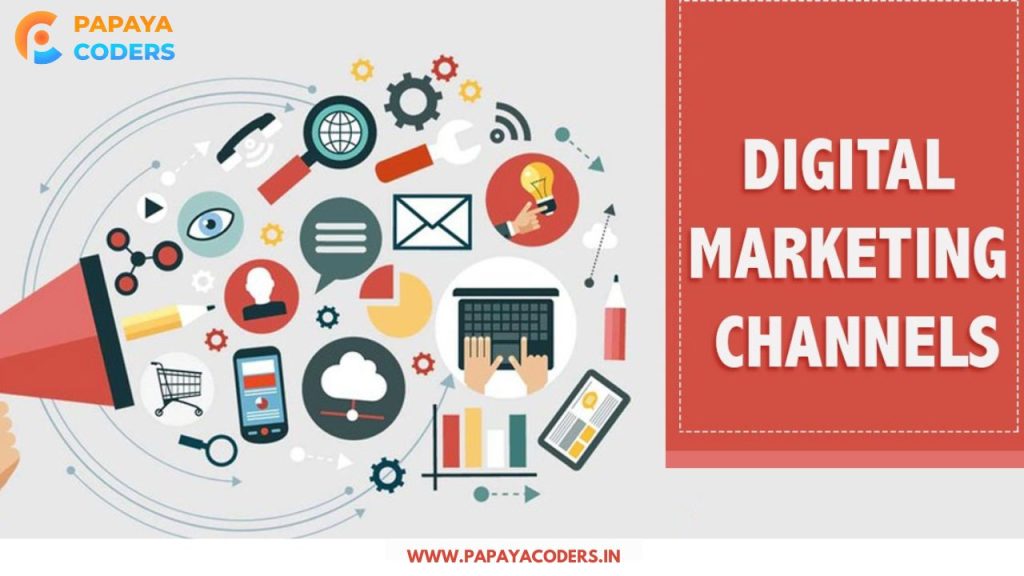
1. Search Engine Optimization
SEO improves website rankings on search engines through keyword optimization, high-quality content, backlinks, and technical SEO. It increases organic traffic, brand credibility, and visibility, ensuring long-term success by aligning with search engine algorithms and user intent.
2. Content Marketing
Content marketing focuses on creating valuable and engaging content such as blogs, videos, infographics, and guides. It educates, informs, and entertains audiences, increasing brand awareness, organic traffic, lead generation, and customer trust, ultimately driving conversions and business growth.
3. Social Media Marketing
Social media marketing leverages platforms such as Facebook, Instagram, LinkedIn, and Twitter to engage audiences, build brand awareness, and increase sales. It includes content creation, advertising, influencer collaboration, and community management to foster strong customer relationships and brand loyalty.
4. Email Marketing
Email marketing is a direct communication strategy that delivers personalized messages, promotional offers, and valuable content to customers. It nurtures leads, increases conversions, and maintains customer engagement through segmentation, automation, and targeted email campaigns.
5. Pay-Per-Click Marketing
PPC marketing involves paid advertising on search engines and social media, ensuring instant visibility and traffic. Businesses bid on keywords, and ads appear at the top of search results, generating leads, increasing sales, and maximizing return on investment (ROI) with measurable performance.
6. Affiliate Marketing
Affiliate marketing is a performance-based strategy where businesses partner with affiliates to promote products. Affiliates earn commissions for successful referrals, increasing sales through blogs, social media, and websites while expanding the brand’s reach without any upfront advertising costs.
7. Influencer Marketing
Influencer marketing collaborates with industry experts, celebrities, or social media influencers to promote products authentically. Influencers engage their followers through sponsored posts, reviews, and brand endorsements, thereby increasing brand credibility, customer trust, and sales.
